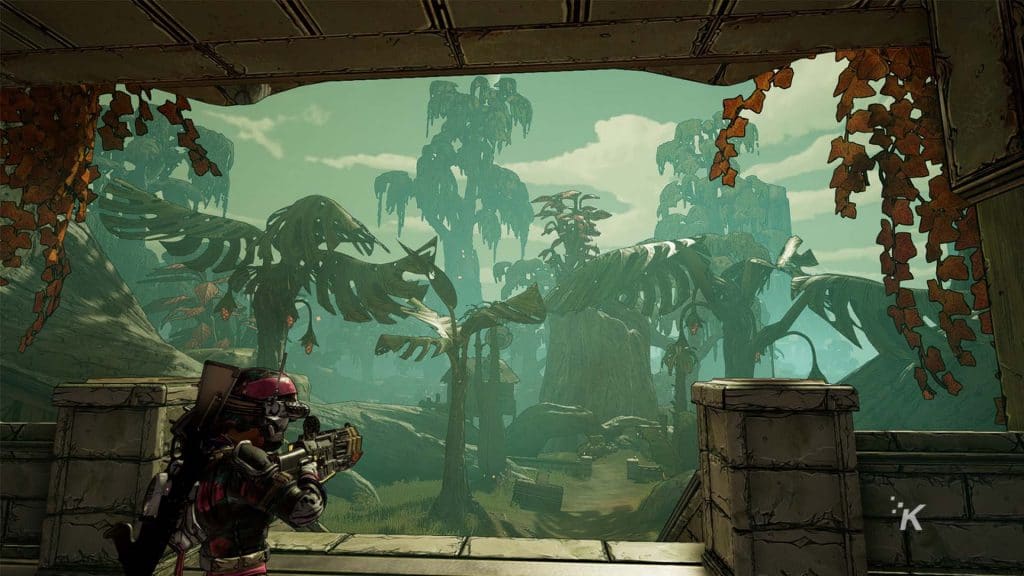Epic Games
Epic Games Store opens self-publishing to boost its game library
That means more games for gamers and potentially more profit for Epic.

Just a heads up, if you buy something through our links, we may get a small share of the sale. It’s one of the ways we keep the lights on here. Click here for more.
The Epic Games Store is taking a page out of Steam’s playbook and letting developers self-publish games on the Epic Games Store.
In an interview with VentureBeat, Epic CEO Tim Sweeney and the head of the Epic Games Store, Steve Allison, sat down to discuss the store’s new self-publishing tools.
Self-publishing is what it sounds like. Epic’s new tools will allow game developers to publish their own games, skipping the curation process that Epic previously handled in-house.
“Not only can they submit their own game, but [they can] maintain their own presence and constantly update the materials. They don’t have to work with us directly. It’s an unblocking event for the store going much wider than it’s gone so far,” said Sweeney in the interview.
There are still certain aspects that Epic will require before a developer can self-publish, like content ratings for starters. But devs can release their games without Epic’s help using tools available through the Epic Games Store.
Self-publishing is something that Steam, Epic’s largest competitor, opened up years ago. The feature exponentially increased the number of games available on Steam, drawing in tons of new users.
Epic Games’ profitability strategy

This is the latest step in a complex strategy from Epic Games to build a profitable games store. The Epic Games Store originated as a launcher platform for Epic’s games like Paragon and Fortnite.
With the overwhelming success of Fortnite, the Epic Games Store suddenly had a huge increase in users. Then, Epic opened up its store to third-party developers.
Even better, Epic offered a much better revenue split, only taking 12% compared to the 30% from competitors like Steam and Microsoft.
The result? Doing that helped draw developers to the new store while simultaneously shaking up the norm for revenue splits of online stores.
That’s when Epic began paying for the exclusive rights for some AAA titles. By getting exclusive rights for huge games like Borderlands 3, the store was able to draw millions of additional new users.

Plus, it began its program of giving away free games every couple of weeks. Exclusive deals combined with constant giveaways helped to drive up Epic’s user base exponentially in a short time.
But that also costs a lot of money. The Epic Games Store lost around $180 million in 2019 and another $273 million in 2020. Needless to say, Epic wants the Store to be more profitable.
Epic hopes to add a source of revenue that doesn’t cost them much
Sweeney says, from an operational standpoint, the store is already profitable. The 12% it gets from developers for sales is more than enough to cover operating costs.
But it’s been spending tons on customer acquisition, with exclusive deals and constant giveaways. Those expenses will likely slow down over time, but they’ll never go away completely.
With self-publishing, Epic hopes to add a source of revenue that doesn’t cost them much now that it has successfully drawn millions of customers. And for gamers, this means quicker access to more games.
Have any thoughts on this? Drop us a line below in the comments, or carry the discussion over to our Twitter or Facebook.
Editors’ Recommendations:
- When does Starfield release?
- Celebrate Mario Day with the best gaming deals around
- Counter-Strike 2 could hit PCs sooner than expected
- First-person mode could finally be coming to Fortnite
Just a heads up, if you buy something through our links, we may get a small share of the sale. It’s one of the ways we keep the lights on here. Click here for more.






























